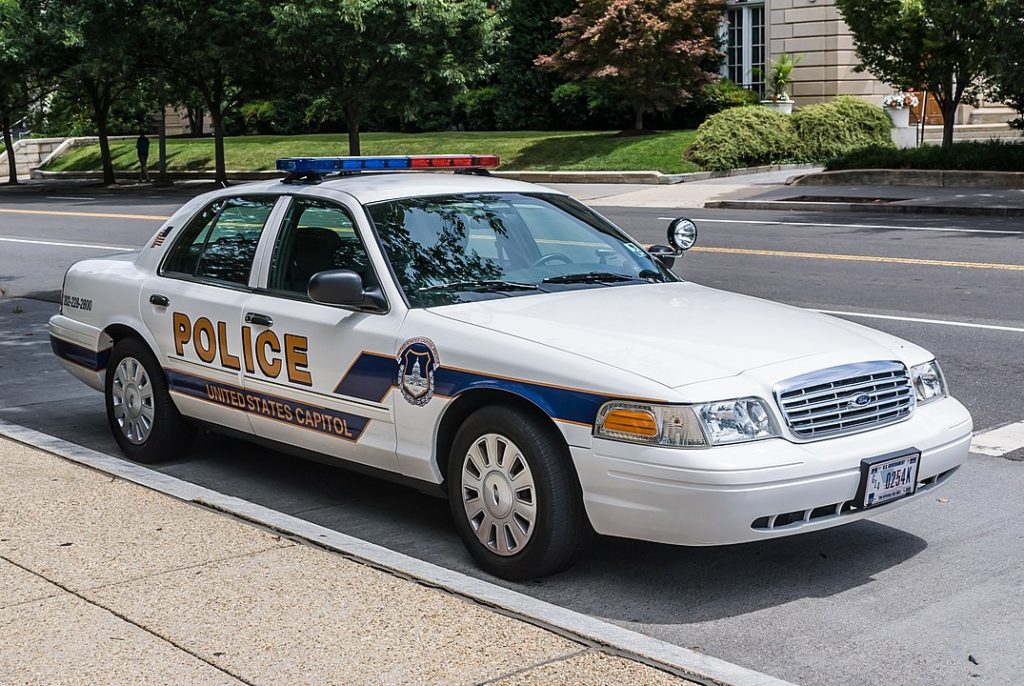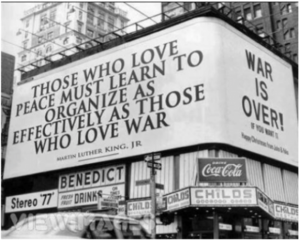What is the relationship between the numbers of police on the street and rate of violent crime? In a recent Vox article, "The End of Policing left me convinced we still need policing," Matthew Yglesias offers some real numbers to counter rampant speculation we are hearing from the many people who are understandably upset with police misconduct. His conclusion: "One of the most robust, most uncomfortable findings in  criminology is that putting more officers on the street leads to less violent crime.” Therefore, if you want to increase violent crime in rich and poor neighborhoods alike, simply remove police officers. Here are some specific cases summarized by Yglesias:
criminology is that putting more officers on the street leads to less violent crime.” Therefore, if you want to increase violent crime in rich and poor neighborhoods alike, simply remove police officers. Here are some specific cases summarized by Yglesias:
"Klick, John MacDonald, and Ben Grunwald looked at an episode when the University of Pennsylvania had its campus police increase patrols within its defined zone of Philadelphia, and used a regression discontinuity design to discover that crime fell about 60 percent (this time with a larger decline for violent crime) where the extra officers went.
Stephen Mello looked at a huge surge in federal funding for local police staffing associated with the 2009 stimulus bill. Exploiting quasi-random variation in which cities got grants, Mello showed that compared to cities that missed out, those that made the cut ended up with police staffing levels that were 3.2 percent higher and crime levels that were 3.5 percent lower — again with a larger drop in violent crime.
John MacDonald, Jeffrey Fagan, and Amanda Geller looked at a program in New York called Operation Impact that would surge additional officers into high-crime neighborhoods and found that a wide range of crime — assaults, robberies, burglaries, violent felonies, violent property crimes, and misdemeanor offenses — fell in response to the surge.
Richard Rosenfeld’s field experiments show that “hot spot” policing, where extra officers go to specific high-crime locations, not only reduces crime in the hot spots but reduces crime (in this case, specifically gun assaults) citywide.
Patrick Sharkey, a Princeton sociologist who is clearly sympathetic to the goals of the defunding movement, writes in a Washington Post piece arguing for a greater role for local leaders and communities in containing violence that “those who argue that the police have no role in maintaining safe streets are arguing against lots of strong evidence."


